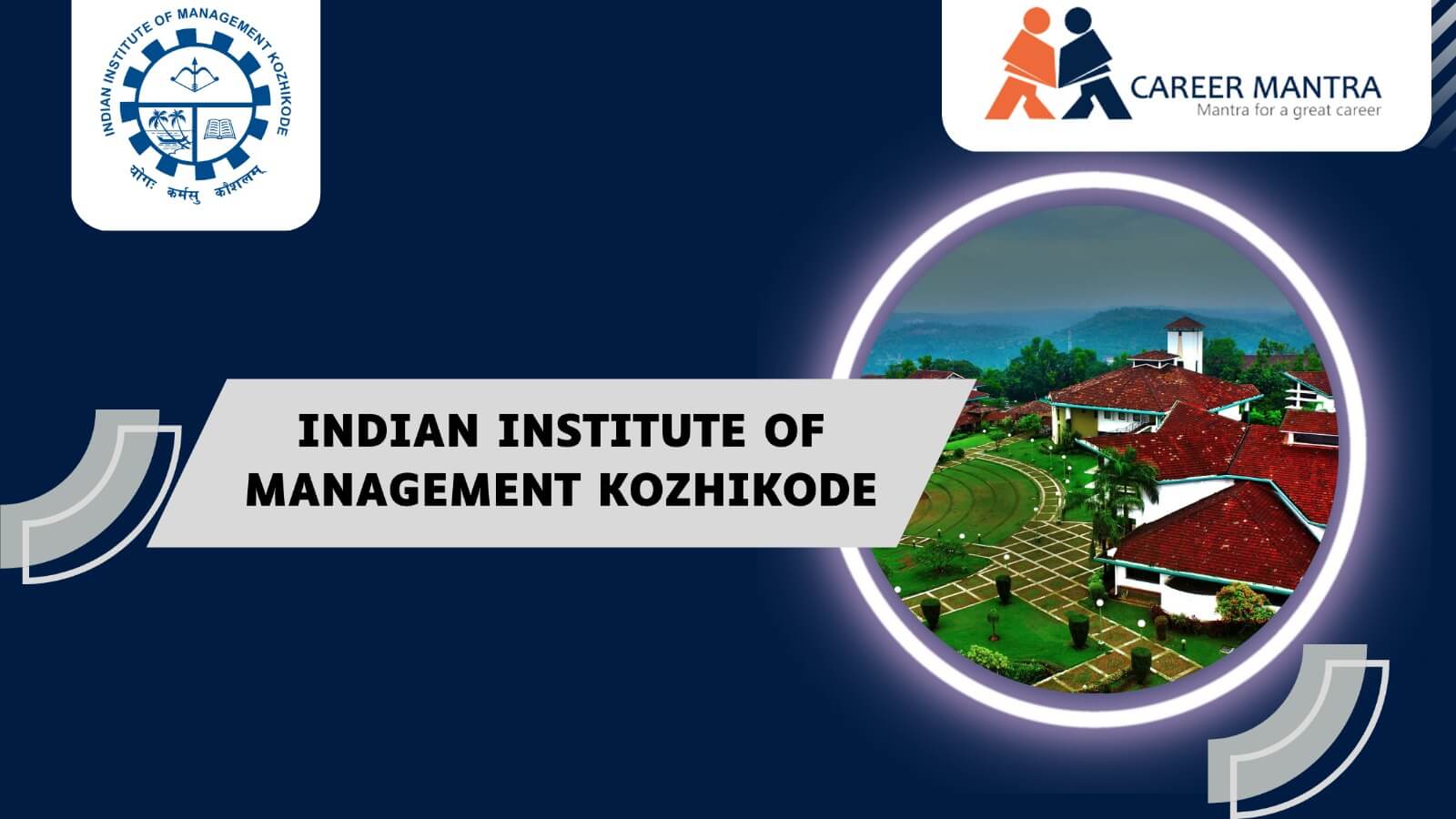INDIAN INSTITUTE OF MASS COMMUNICATION (IIMC)

ABOUT INDIAN INSTITUTE OF MASS COMMUNICATION (IIMC)
The Indian Institute of Mass Communication (IIMC) was launched on August 17, 1965, by the then-Minister for Information and Broadcasting, Smt. Indira Gandhi, with a small staff that included two UNESCO consultants. The Institute organised training sessions in its early years, mostly for Central Information Service Officers, and conducted small-scale research projects.
For middle level working journalists from Afro-Asian countries, a significant international training programme called the Post-graduate Diploma Course in Journalism for Developing Countries was launched in 1969. In order to meet the training needs of communication professionals working in various media/publicity outfits of the central/state governments and public sector organizations, the Institute later added a number of specialised short courses of one week to three months’ duration. The IIMC has grown over time and currently provides regular Post-graduate Diploma Courses.
Mass communication has become a hot topic and made a significant contribution to the growth and empowerment of society. It has quickly gained significance and clout as a field of study, attracting plenty of students. The development of mass media has been greatly aided by the information technology revolution. It has also presented significant difficulties for learners, educators, and mass media professionals. The fast changing technological landscape is altering the discipline’s very character in a way that is unheard of in other academic fields. At IIMC, we view it as a problem that must be overcome.
The IIMC is dedicated to serving society by offering top-notch instruction, training, and research, thereby preparing students to meet the challenges of a highly competitive world. IIMC views communication as a necessity for development. The IIMC differs from other mass communication training centres in this country and elsewhere in that its training programmes have been specifically designed to satisfy the demands of emerging nations. Additionally, this provides their graduates a unique identity and personality.
The IIMC takes pleasure in its position in the fields of research, teaching, and mass communication. This is also evident in the numerous evaluation studies that the media and professional organisations conduct on an annual basis.
INDIAN INSTITUTE OF MASS COMMUNICATION (IIMC) LIBRARY
The Institute houses the nation’s biggest mass communication-specific library. On various facets of mass communication and related subjects, including print media, broadcasting, advertising, communication, communication research, public relations, radio and television, film, information technology, and traditional media, it has amassed about 33,968 volumes of books and bound journals.
The library has subscriptions to 32 top newspapers and more than 82 journals and magazines. Additionally, it has been offering its users a newspaper clipping service that includes a complete list of news stories and important pieces on mass communication that have been published in numerous top magazines and professional journals.
Through the most recent version of library software, LIBSYS 7, the library is fully computerised and has automated its housekeeping and service operations. Students and faculty members can access the online public access catalogue (OPAC) and online journals.
INDIAN INSTITUTE OF MASS COMMUNICATION (IIMC) HOSTEL
There are three hostels on the IIMC campus. The hostels have enough for about 100 students. Students who are enrolled in PG diploma programmes at the Delhi campus may use the hostel service.
For officers of the Indian Information Service and students enrolled in the diploma programme in development journalism, there is a second hostel with a capacity of 40 rooms. For an additional 42 students, a hostel is being built.
INDIAN INSTITUTE OF MASS COMMUNICATION (IIMC) STUDIO
Apna Radio 96.9 FM
For the past 11 years, Apna Radio has operated as a community radio of IIMC, New Delhi. Apna Radio, which went on the air on September 9, 2005, had a four-hour broadcast schedule. Since February 2013, the transmission has been increased to seven hours each day.
INDIAN INSTITUTE OF MASS COMMUNICATION (IIMC) Video studio
The Institute has a sophisticated production studio with digital cameras with synch and special effects generators in order to foster high impact and solid knowledge among its students and trainees in the field of electronic journalism. Digital video editing systems like the I-Mac, FCP Mac-Pro, and online digital video editing are included in the editing consoles. The Institute offers instruction in radio and television technologies through the use of distinct sound recording, FM, and voice-over facilities.
Part of the Institute’s analogue tape-based equipment has been replaced with contemporary digital technology. This gives students practical experience with the non-linear editing and digital cameras that are used by all television channels today.
INDIAN INSTITUTE OF MASS COMMUNICATION (IIMC) Mission –
The Indian Institute of Mass Communication will establish international standards for media education, research, extension, and training while utilising cutting-edge technology to create a knowledge-driven information society that supports participatory democracy, human empowerment, and pluralism.
The development of leaders and innovators in the field of mass communication and media through the creation of a dynamic learning and working environment that fosters fresh thinking, creativity, research, and scholarship.
Find Top Colleges in India:-
For more information Chat on WhatsApp:-






